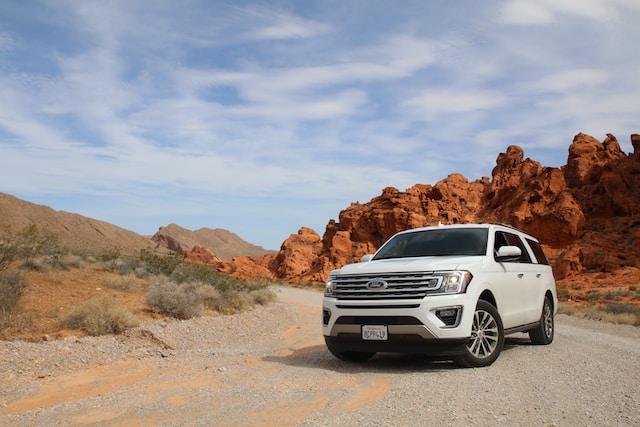Lending your car to someone can be a stressful experience. Not only are they entrusted with something that cost quite a bit of money, but they’re also in possession of something that could potentially cause them and others extensive damage should an accident occur. Every day, crashes involving cars, buses, motorcycles, bicycles, trucks, or pedestrians cause 3,700 fatalities, which is a serious number.
It’s important to give careful consideration before ever allowing someone else access to the keys of your car. Continue reading to learn about the consequences if someone has an accident while driving your car and what you should do in that situation.
Make Sure You Have a Car Insurance Policy at All Times
It’s crucial to have a sufficient car insurance policy to safeguard both yourself and your vehicle. You need to evaluate different factors such as your vehicle type, location, and driving frequency in order to determine the coverage that you require.
For the best insurance deal, it’s advisable to seek assistance from a nearby car insurance company or a brokerage. For instance, if you live in or near Edmonton, Canada, contact local Edmonton insurance brokers to help you find tailored coverage that meets your individual needs. Their assistance will enable you to comprehend the variations among different automobile insurance policies, so you can obtain the most excellent coverage and value for your money.
Whose Insurance Company Will Pay for the Accident Damage?
One common question that arises when someone else has an accident while driving your car is which insurance company will cover the damages—the driver or the car owner? If the driver uses your vehicle only once in a while, your car insurance is the one that applies.
Some countries have a no-fault insurance system to help simplify the process. This implies that if you need compensation for damages, you will work directly with your insurance provider. This is because someone will always be at-fault or partially to blame, and it’s your insurer’s responsibility to determine the risks for each person and see how policies will be impacted.
Here’s how different insurance coverages may apply when someone gets into an accident while driving your car:
- The owner’s insurance company provides accident benefits coverage, which includes payment for medical expenses, like prescription medications and rehabilitation, for the driver and passengers of the borrowed car.
- Direct compensation-property damage coverage means that if a car gets damaged in a collision, the insurance company of the car owner will pay for the repair costs, regardless of who caused the accident.
- If someone else is driving your vehicle and they cause an accident, the victim may sue them. In this case, your insurance company will pay for the lawsuit and settlements. If the other driver has insurance, their insurance will cover the costs instead.
- Collision coverage is an optional type of coverage. It is used when the accident claim is not covered under the direct compensation-property damage portion of your policy. In case of such an instance, your insurer will pay for the repair costs. However, these costs are subject to the limits established in your auto insurance policy.
In What Case Might Your Insurance Company Refuse to Pay for the Damage
In some cases, your insurance company may reject paying for any costs of a car accident that involved another driver but yourself, including:
- If you have allowed someone without a valid license to drive your car with your knowledge;
- If you know that the driver has been driving unsafely due to drinking or drug use;
- If you let someone else use your car without letting your insurance company know;
- In some cases, if your car’s driver is not named on your insurance policy.
Bottom Line
If you let someone else operate your vehicle, it’s important to have all the correct information regarding your insurance company. You should understand your policy coverage and your state’s laws and regulations. This knowledge can greatly impact the outcome of the situation. Additionally, be sure to alert authorities at the scene of the accident, and take pictures of any damage done for insurance records and possible future legal action.
If you have concerns about how these accidents will affect your policy, contact your agent to discuss changes or adjustments. Remember to prioritize safety while driving by wearing a seatbelt and following traffic laws.






















